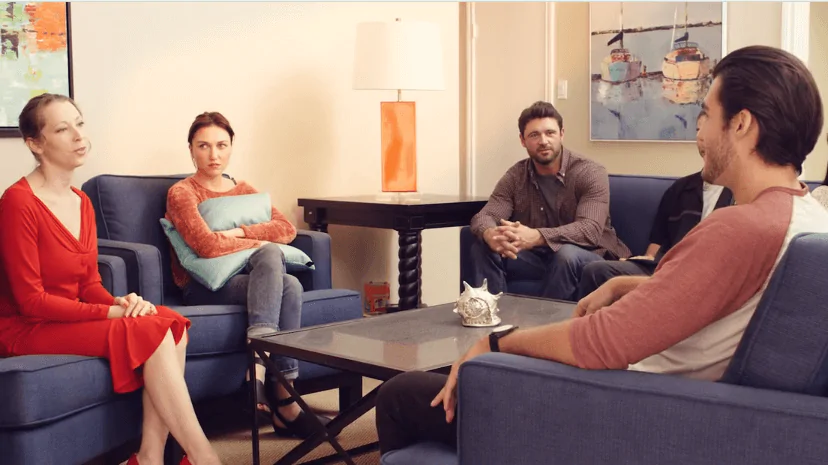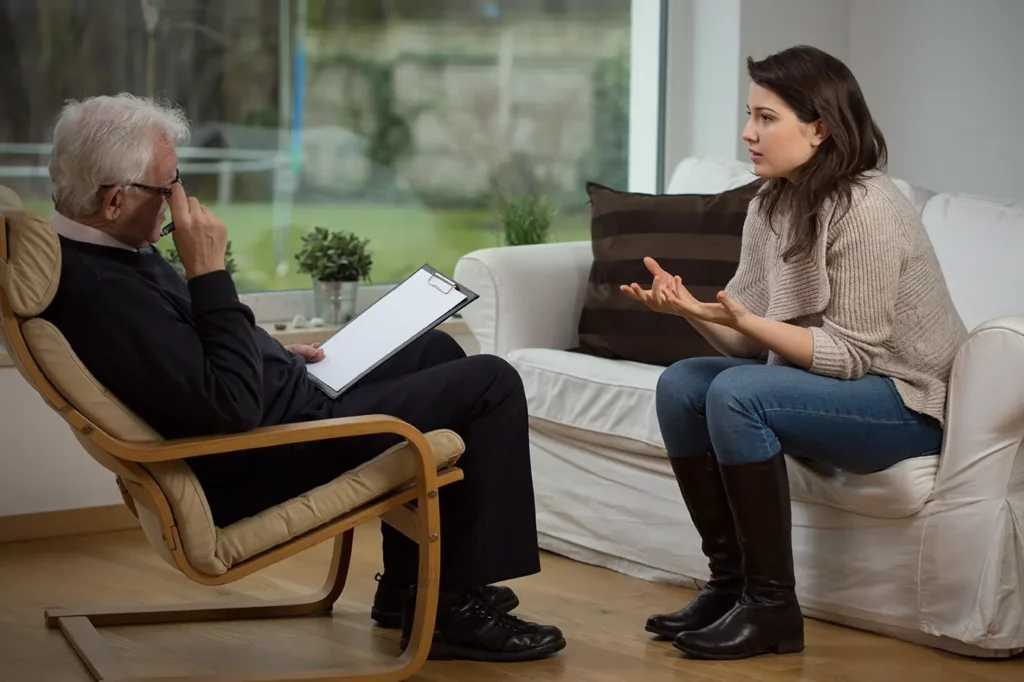24/7 Helpline:
(866) 899-221924/7 Helpline:
(866) 899-2219
Learn more about 60-day Rehab Program centers in Park Rapids
60-day Rehab Program in Other Cities

Other Insurance Options

American Behavioral

Health Net

Highmark

CareSource

Carleon

Cigna

Amerigroup

Sutter

Health Partners

Regence

Multiplan

Health Choice

Magellan Health

ComPsych

Coventry Health Care

GEHA

Absolute Total Care

Excellus

BHS | Behavioral Health Systems

Access to Recovery (ATR) Voucher































Pine Manor Chemical Dependency Services
Pine Manor Chemical Dependency Center is a drug and alcohol addiction treatment center located in Ne...














